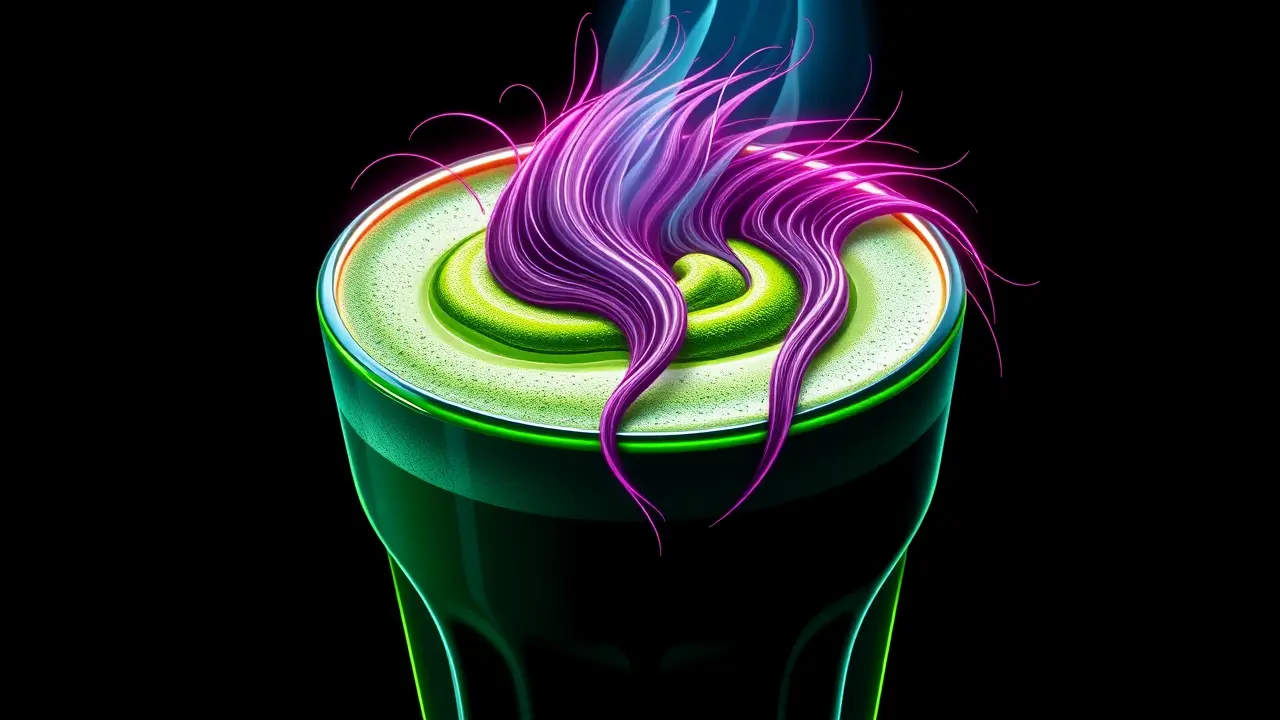
Otherfood & diningNutrition and Health
Matcha Drink Linked to Hair Loss Claims by Women
LA
Laura Bennett
7 hours ago7 min read2 comments
The vibrant green matcha latte, once the undisputed emblem of wellness culture, is facing an unexpected and deeply personal reckoning. Across social media platforms, particularly TikTok, a growing chorus of women is sharing distressing testimonials connecting their daily matcha ritual to significant hair loss and sudden, alarming shedding.This narrative starkly contrasts with the drink's long-celebrated profile, which boasts a powerful arsenal of antioxidants like EGCG, known for combating inflammation, and L-theanine, an amino acid praised for promoting a state of calm alertness without the jittery crash associated with coffee. The very substance marketed for its life-enhancing properties is now being scrutinized for potentially life-altering side effects.To understand this paradox, we must delve into the complex interplay between nutrition, biochemistry, and individual physiology. Experts in dermatology and endocrinology suggest several plausible mechanisms; one leading theory points to matcha's exceptionally high concentration of catechins.While beneficial in moderation, these potent compounds can, in excess, act as potent anti-androgens or potentially interfere with the normal function of thyroid hormones, which are critical regulators of the hair growth cycle. Even a minor disruption in thyroid output can trigger telogen effluvium, a condition where an unusual number of hairs prematurely enter the resting phase before falling out.Another consideration is the presence of heavy metals, as matcha is made from whole tea leaves ground into a fine powder, concentrating any environmental contaminants the plant has absorbed from the soil. This phenomenon isn't entirely without historical precedent in the wellness world; we've seen similar cycles of embrace and concern with everything from high-dose biotin supplements to certain adaptogenic herbs.The emotional toll of this experience cannot be overstated. For many women, hair is inextricably linked to identity and self-esteem, and its loss represents a profound violation of bodily autonomy.The stories shared online are not just clinical reports; they are narratives of confusion, frustration, and a sense of betrayal by a product they trusted. This situation highlights a broader, more systemic issue: the lack of rigorous regulation and long-term safety studies for dietary trends that achieve viral status.It serves as a poignant reminder that 'natural' does not automatically equate to 'safe for everyone,' and that individual biochemistry plays a paramount role. The path forward requires a move away from anecdotal evidence and toward dedicated scientific inquiry, while also fostering a more nuanced public conversation that balances the potential benefits of superfoods with a respectful acknowledgment of their potential, and very personal, risks.
#featured
#matcha
#hair loss
#wellness trends
#health concerns
#consumer reports
#social media
Stay Informed. Act Smarter.
Get weekly highlights, major headlines, and expert insights — then put your knowledge to work in our live prediction markets.
© 2025 Outpoll Service LTD. All rights reserved.